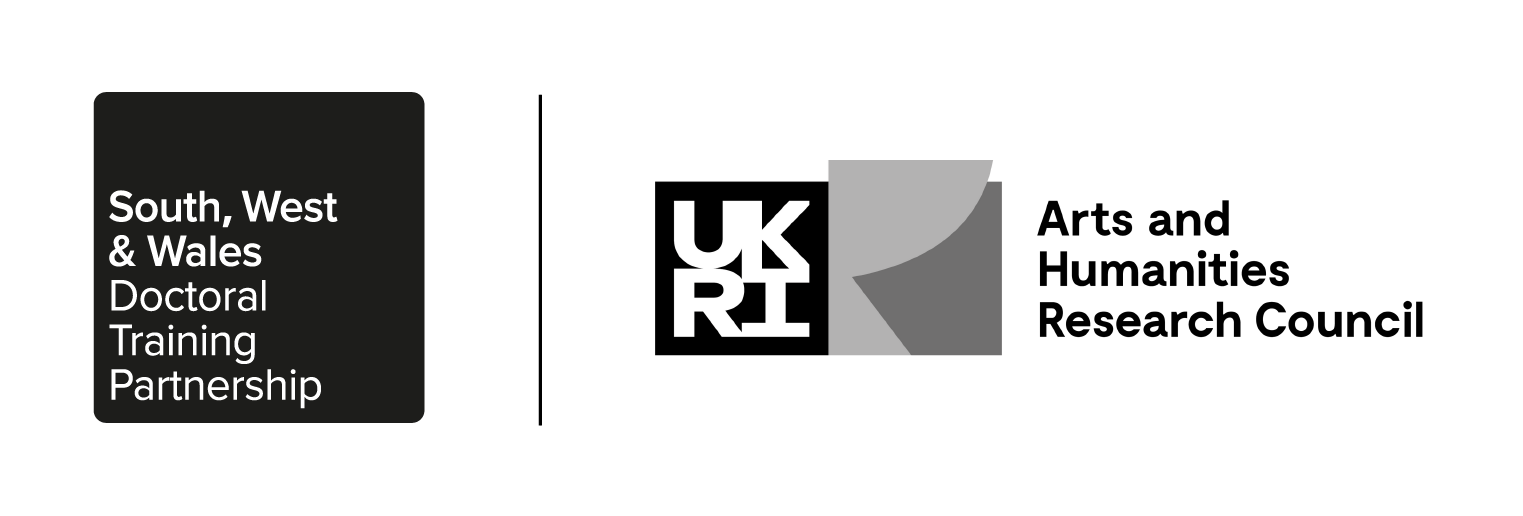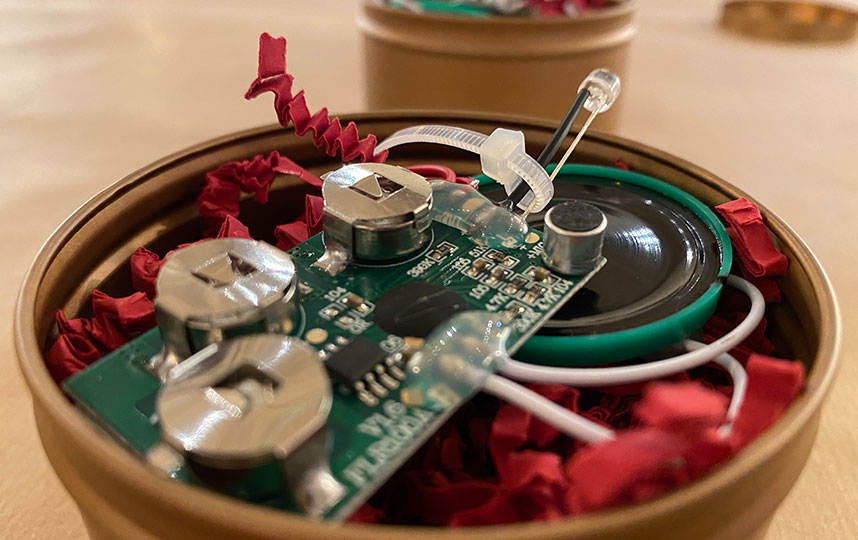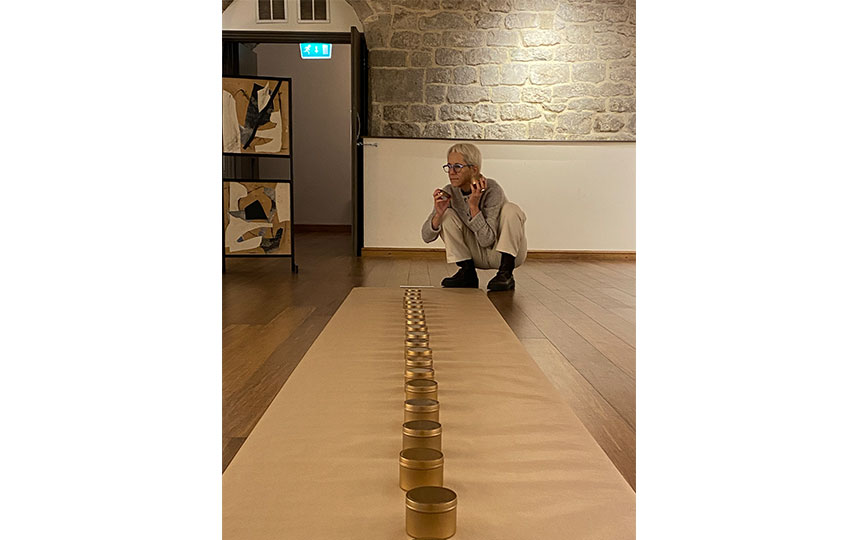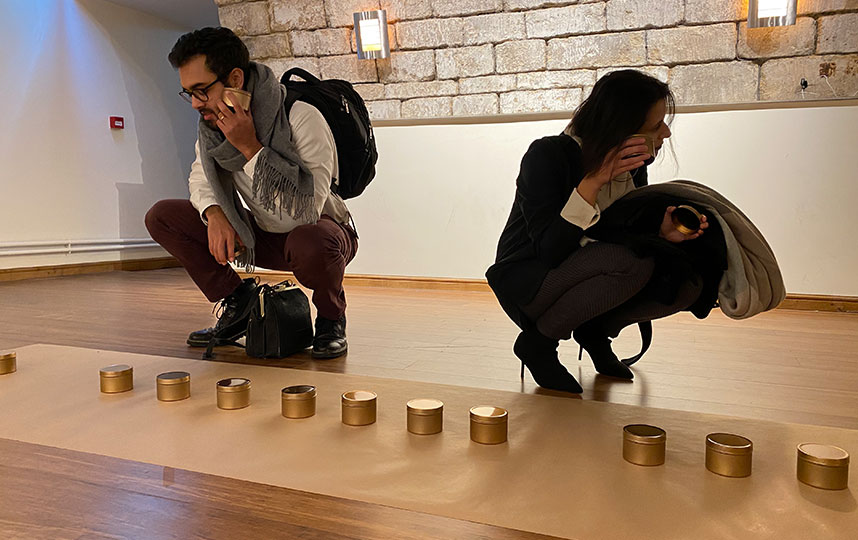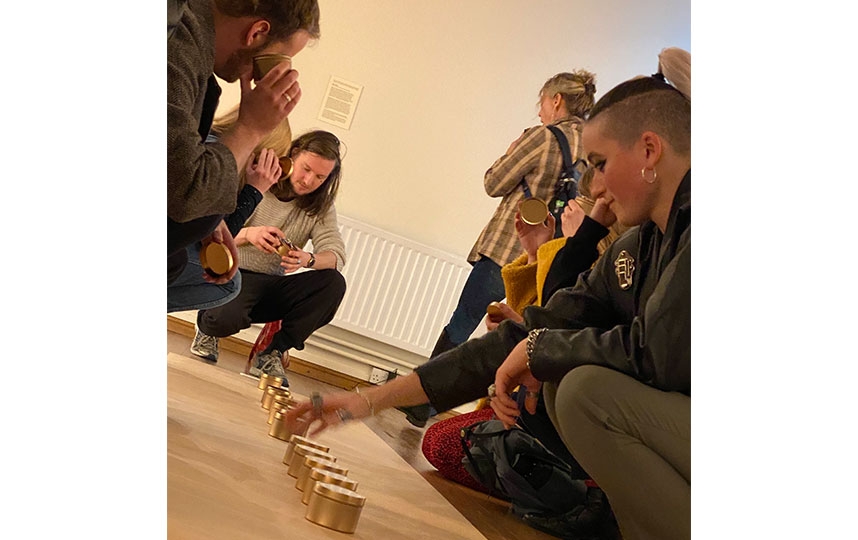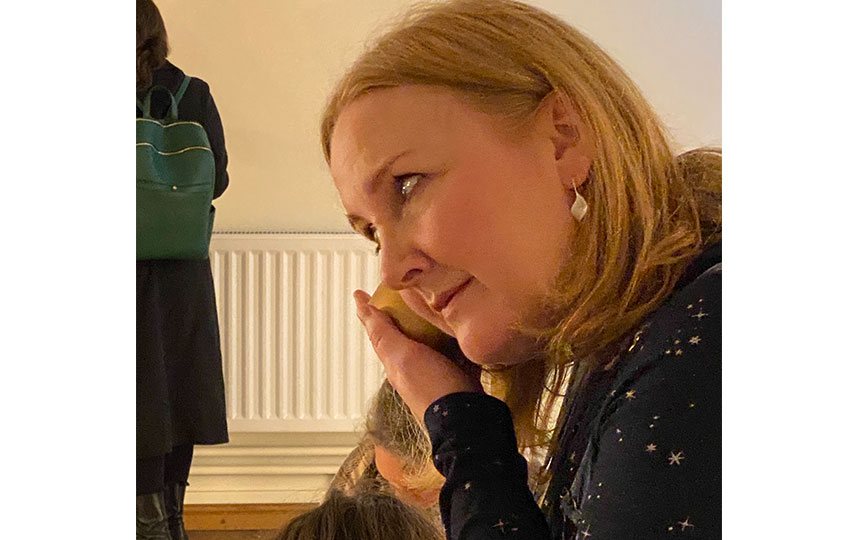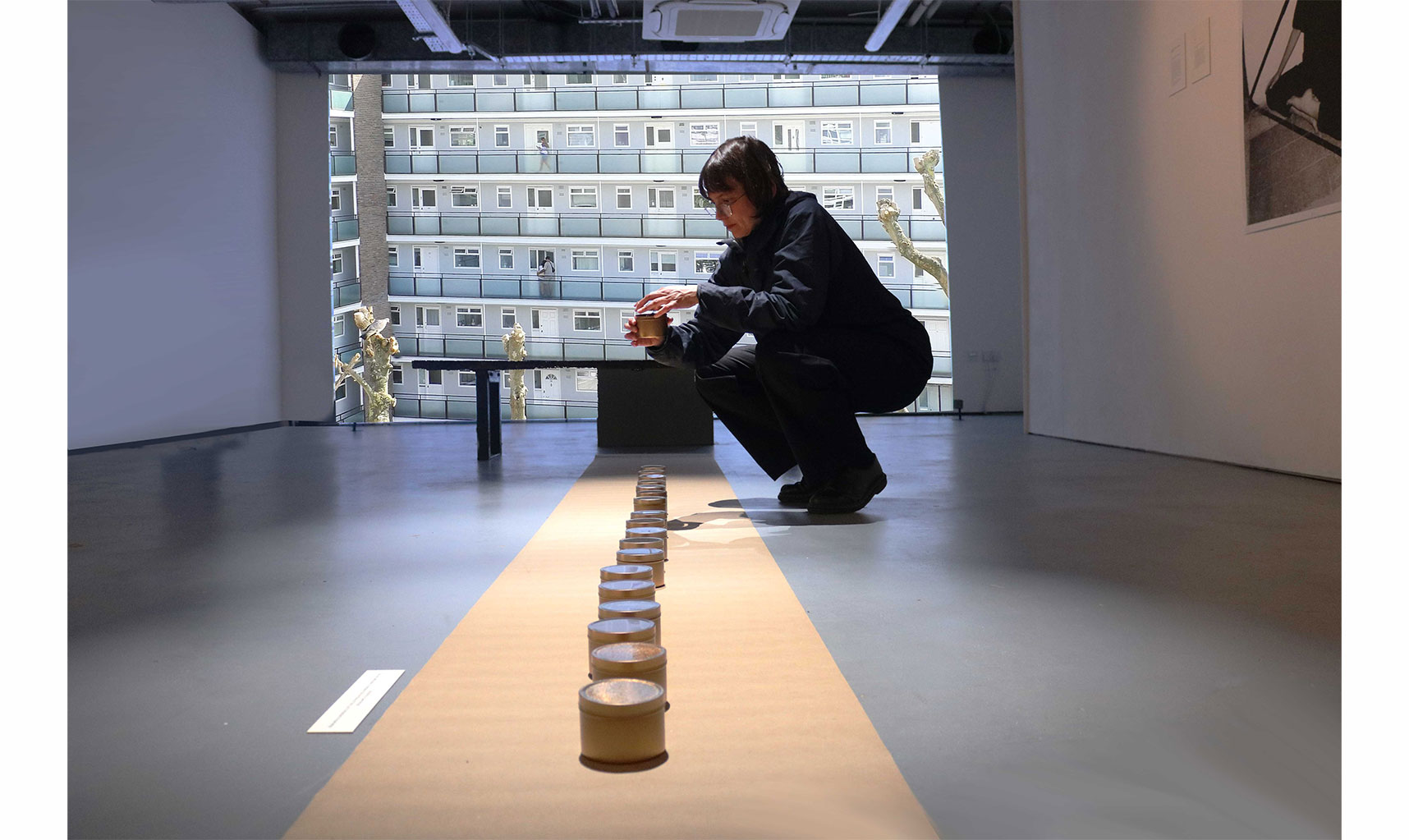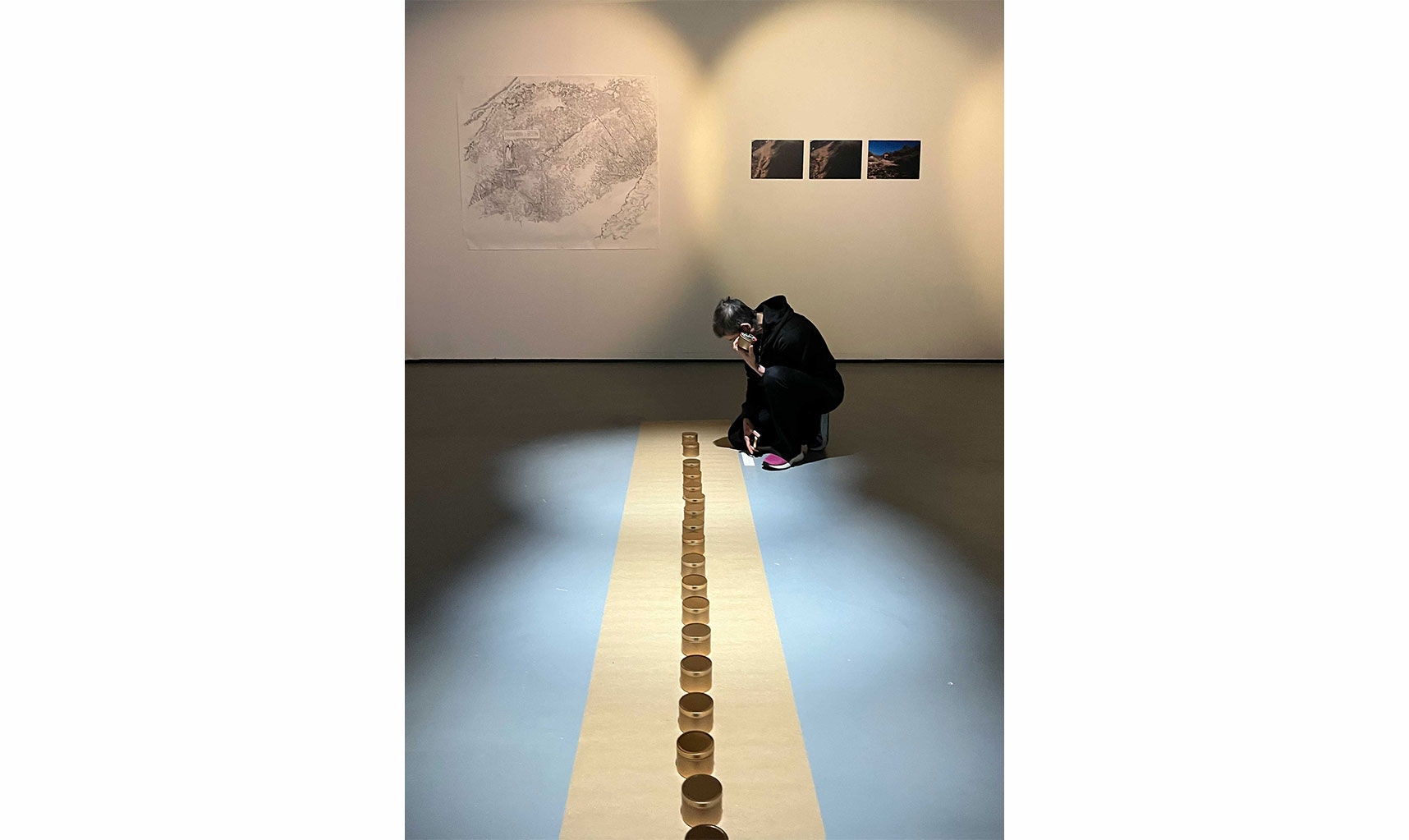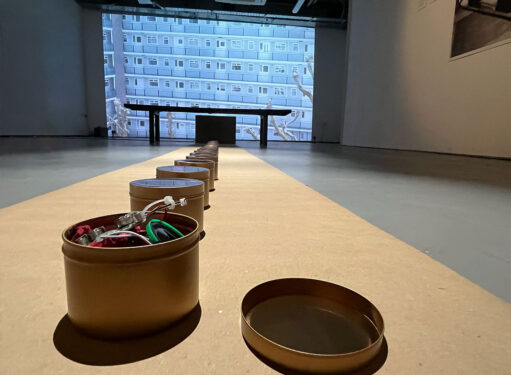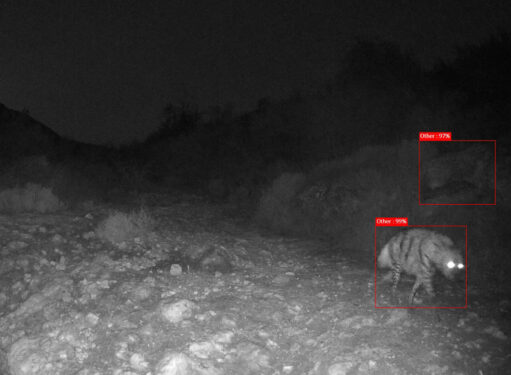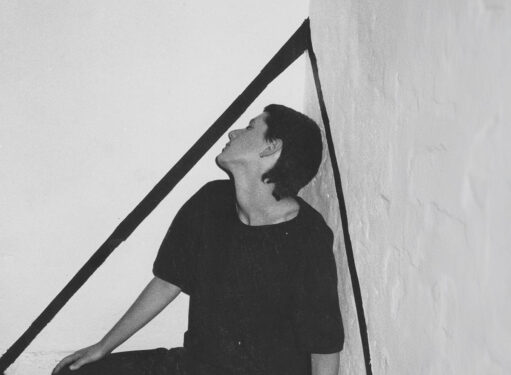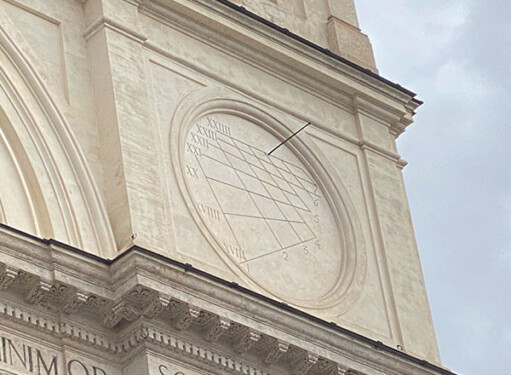The Archive of the Lost Embodied Knowledge
Published in the Holt Journal of Artistic Research »
WHENEVER AN EMBODIED SKILL VANISHES, HUMANITY LOSES AN OPTION
Inspired by Amadou Hampâté Bâ’s statement: “When an African elder dies, it is as if a whole library is burnt down”, the work focuses on the great variety of ways one can understand the world, and himself, a wisdom that is fading under the bright, intense light of new technologies. This wisdom is as old as humanity and needs no technical tools to mediate our body to our mind. It raises the question of whether we, as individuals and humanity as a whole, lose precious skills by ‘outsourcing’ our embodied knowledge to technical appliances such as wearables and personal tracking devices.
The modern period was the point in time when humanistic views alongside technological developments changed humanity’s attitude from being nature’s integral organ to taking over and controlling her. This new interpretation of the world created a situation in which technology has taken over our ways of understanding reality on one side and reduced our mental abilities to interpret nature on the other. I critically examine the numerical self-measuring proliferation through personal apps such as wearables and data-gathering sensors. This trend represents the weakening of inherent natural knowledge and skills and creates a dependency on external technologies as mediators of natural phenomena.
The study explores and responds to our current logocentric thinking society, focusing on the personal and social implications of the bias in favour of ‘objective’ information. My research wishes to develop a new mediative “post-measuring” language, giving legitimacy and forming a bridge between an inherent understanding of nature and the current digital sovereignty. It aims to amplify the voices that do not see nature as an external object which needs to be translated by technical tools.
